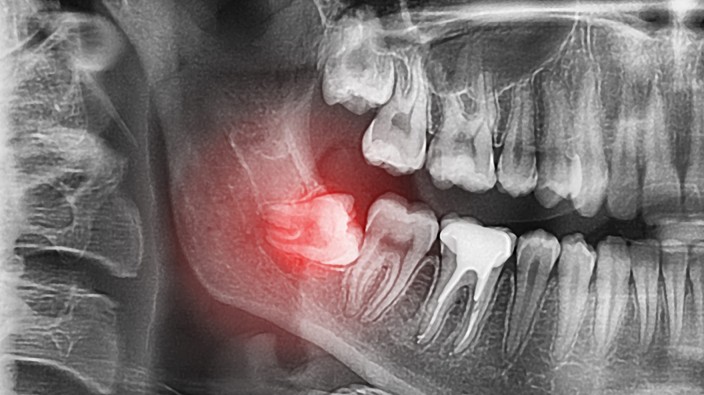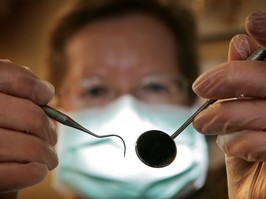anyone who has ever had their wisdom teeth removed knows there is nothing particularly wise about them. they pretty much just cause pain. so, what’s the point of wisdom teeth? why do we get them? and why are they called wisdom teeth, anyway?
let’s find out.
is there anything wise about wisdom teeth?
officially called third molars, wisdom teeth get their name because they arrive a little later than our other teeth —
between the ages of 17 and 21 when we’re (supposedly) a little wiser.
why do we have wisdom teeth?
we get a set of baby teeth at a young age that are quickly replaced by another set that we keep for life, but the specific placement of the teeth in our mouths is no coincidence.
humans evolved to have sharper teeth at the front of our mouths to cut food, while the back of the mouth is filled with flatter molars to help grind food down before swallowing. we also have
a third set of molars, which, in the early days of civilization when human diets consisted of tough meat and humans primarily used their teeth to tear food made perfect sense to reduce the strain placed on the second set.
but today, we have access to technology and tools that allow us to cook, cut and tenderize meat and other food, making this third set of molars mostly obsolete. in fact, these days, wisdom teeth do little more than cause pain as they begin to erupt through the gums.
 3 minute read
3 minute read








